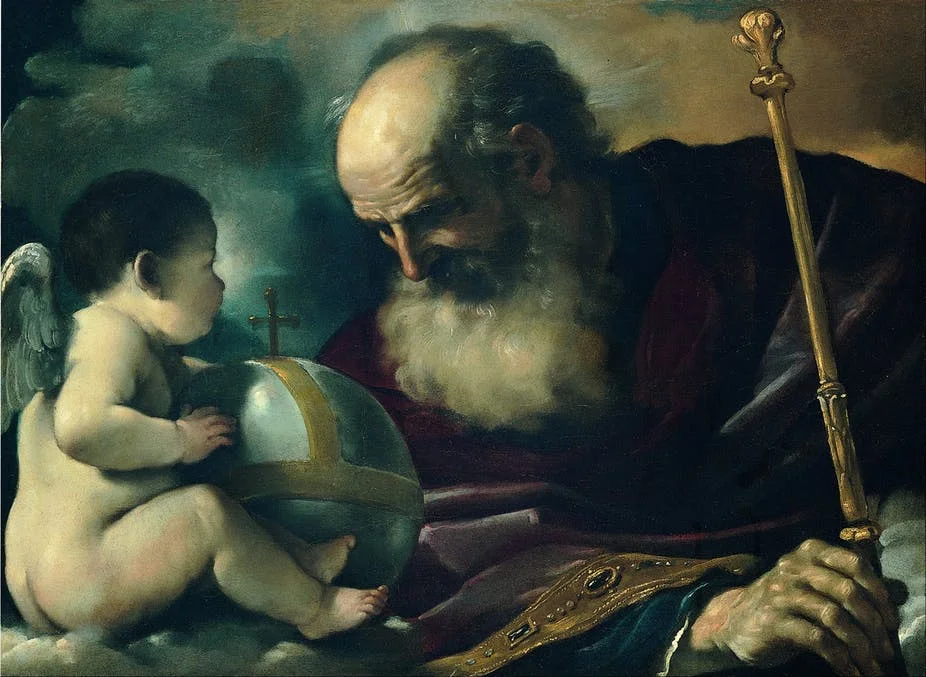Big Gods Came After The Rise of Civilizations, Not Before, Finds Study Using Huge Historical Database
/When you think of religion, you probably think of a god who rewards the good and punishes the wicked. But the idea of morally concerned gods is by no means universal. Social scientists have long known that small-scale traditional societies – the kind missionaries used to dismiss as “pagan” – envisaged a spirit world that cared little about the morality of human behaviour. Their concern was less about whether humans behaved nicely towards one another and more about whether they carried out their obligations to the spirits and displayed suitable deference to them.
Nevertheless, the world religions we know today, and their myriad variants, either demand belief in all-seeing punitive deities or at least postulate some kind of broader mechanism – such as karma – for rewarding the virtuous and punishing the wicked. In recent years, researchers have debated how and why these moralising religions came into being.
Now, thanks to our massive new database of world history, known as Seshat (named after the Egyptian goddess of record keeping), we’re starting to get some answers.






